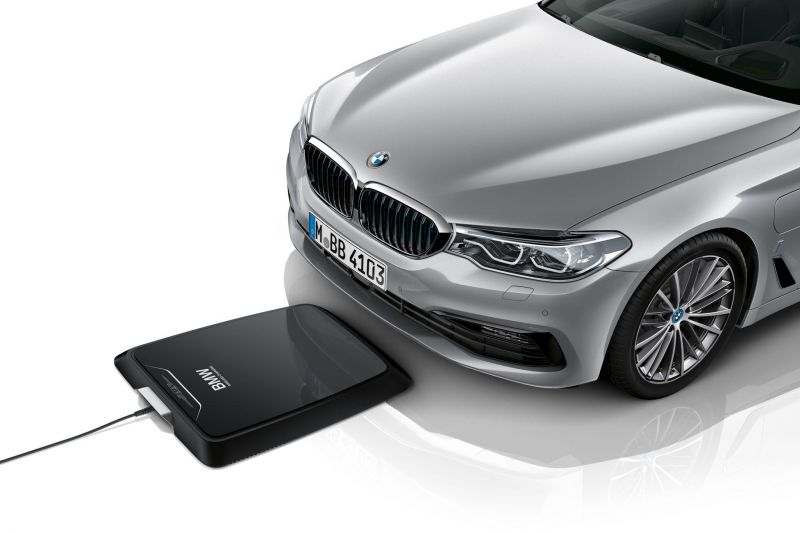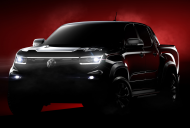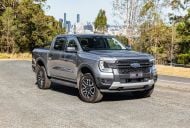US electric vehicle (EV) giant Tesla looks set to introduce wireless charging, according to a recently filed patent.
Spotted by X (formerly Twitter) user SETI Park, the patent for a wireless charger was filed with the World Intellectual Property Organisation and published last week.
The wireless charging technology is reportedly set to be supported by Tesla’s upcoming robotaxi, which may wear the Cybercab name.
Tesla says the robotaxi, set to be revealed on October 10, will be its first fully autonomous vehicle, driving occupants on its own without any human input to its controls.
100s of new car deals are available through CarExpert right now. Get the experts on your side and score a great deal. Browse now.
Sorry for spoiler, but it looks like the #Robotaxi will adopt a WIRELESS CHARGING system. 👀 pic.twitter.com/rdT300NKzQ
— SETI Park (@seti_park) September 7, 2024
The patent shows a pad on the ground connected to a wall outlet, which an EV stops above to receive charge – provided it has the necessary hardware to support it.
Such technology would prove beneficial for Tesla’s robotaxi, allowing the autonomous vehicle to operate with even less human input by not requiring someone to manually plug it in to charge.
While the technology had been kept quiet by Tesla until now, the company acquired German wireless EV charging specialist Wiferion in August last year for US$76 million (A$113.6 million) before selling it only a handful of months later.
The company also made highly publicised layoffs across its Supercharger fast charging network division earlier this year, though it’s not known if this was linked to the development of the wireless technology.
Tesla isn’t the only carmaker which has invested in wireless EV charging.
Hyundai’s luxury offshoot Genesis had gone as far as rolling out wireless charging infrastructure throughout South Korea before reportedly axing the technology a year ago.
In the South Korean carmaker’s case, its chargers could provide up to 11kW of power but would only work when the car’s charge coils and the wireless charging pad were perfectly aligned.
Back in 2018, BMW introduced the technology in its 530e iPerformance PHEV (plug-in hybrid), though it’s not yet been widely rolled out.
MORE: Inductive car charging: What is it?
MORE: Genesis pulls the plug on wireless electric car charging








